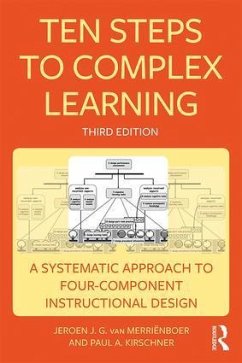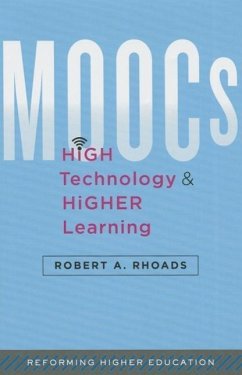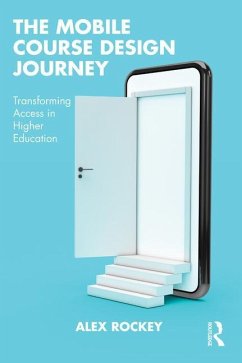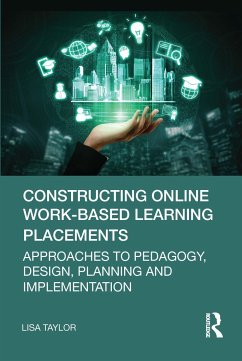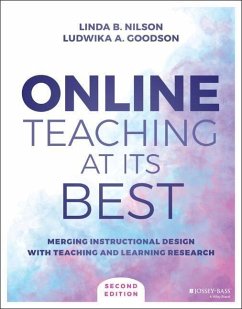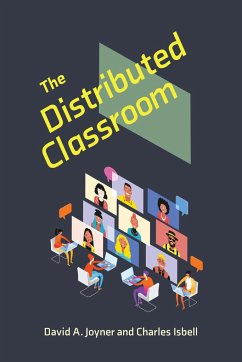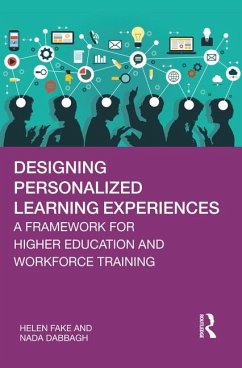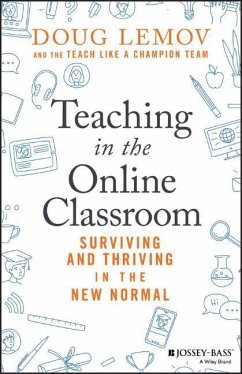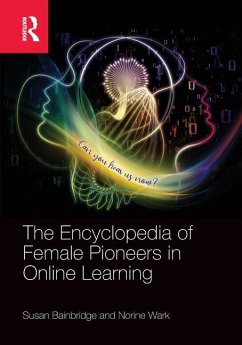Nicht lieferbar
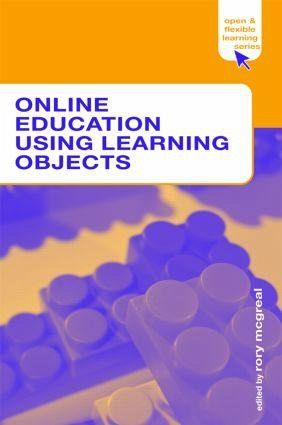
Online Education Using Learning Objects
Versandkostenfrei!
Nicht lieferbar
Provides a comprehensive look at a state-of-the-art online education, and presents advice on the creation, adaptation and implementation of learning objects and metadata. This book will be essential reference material for learning technologists, course developers at learning institutions, postgraduate students, teachers and learners in the field of e-learning.






